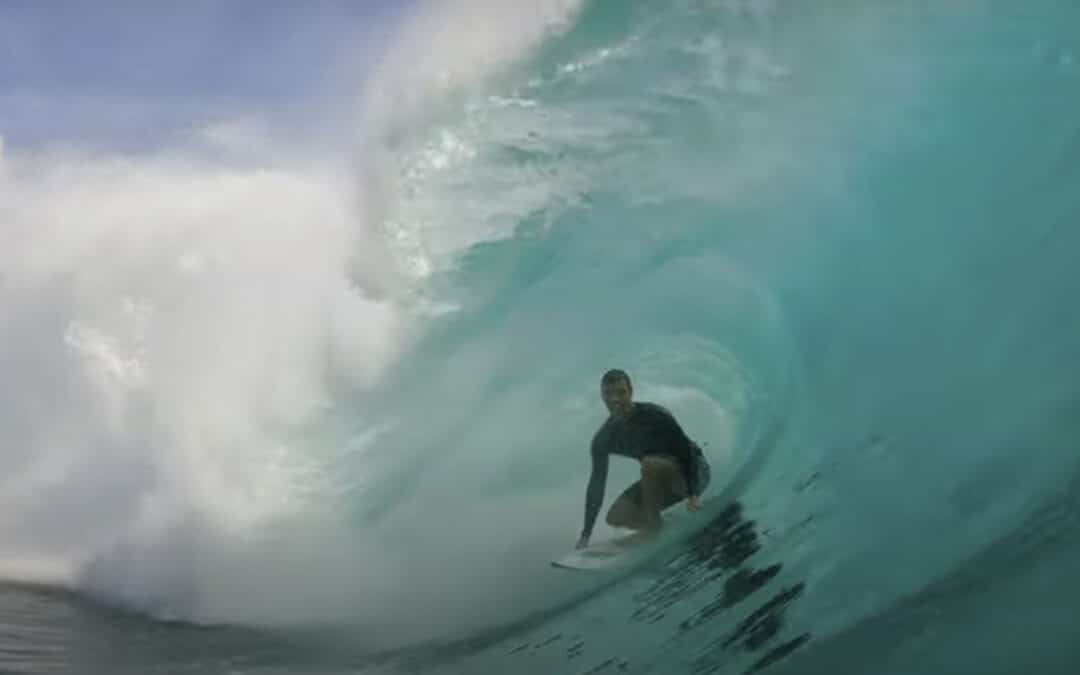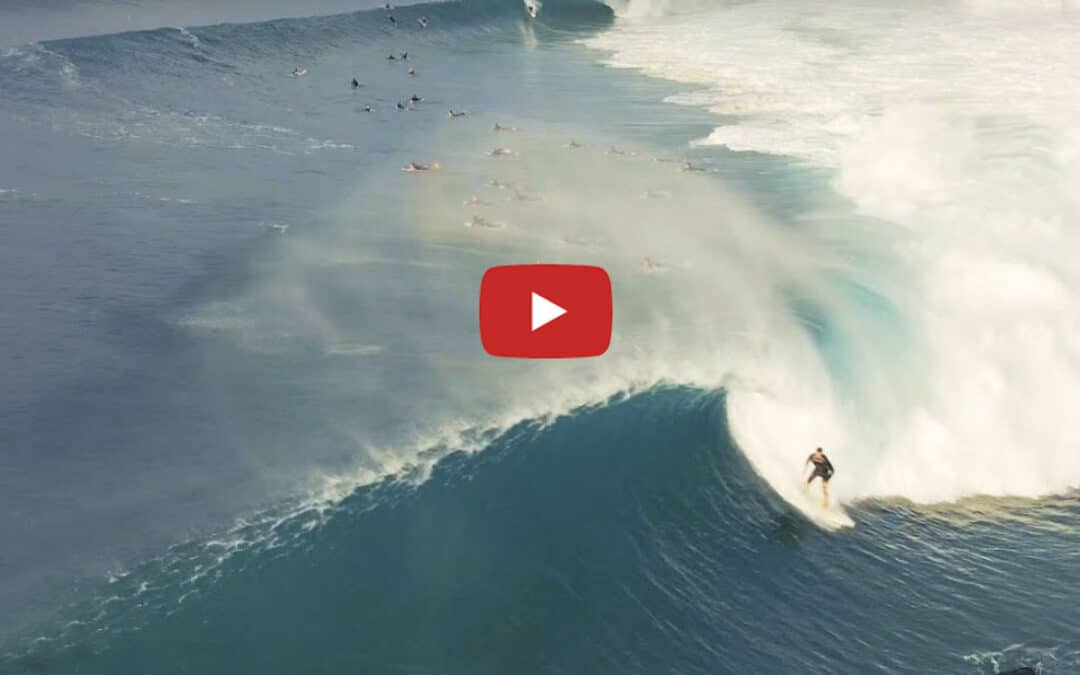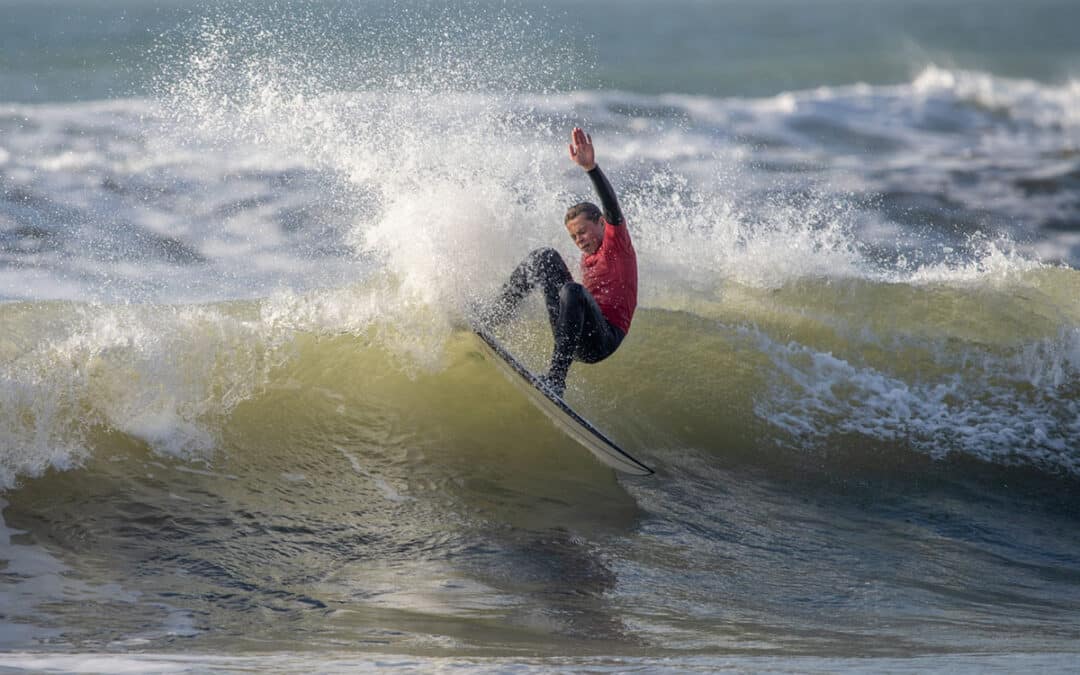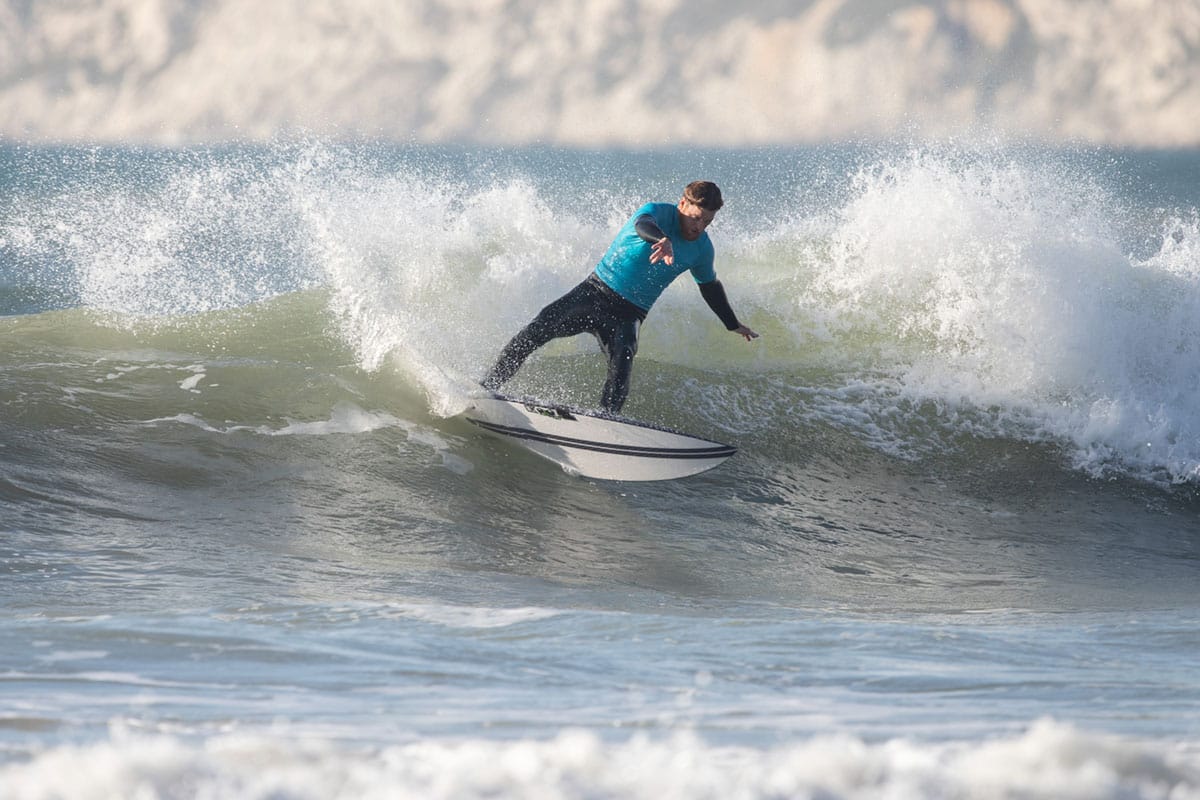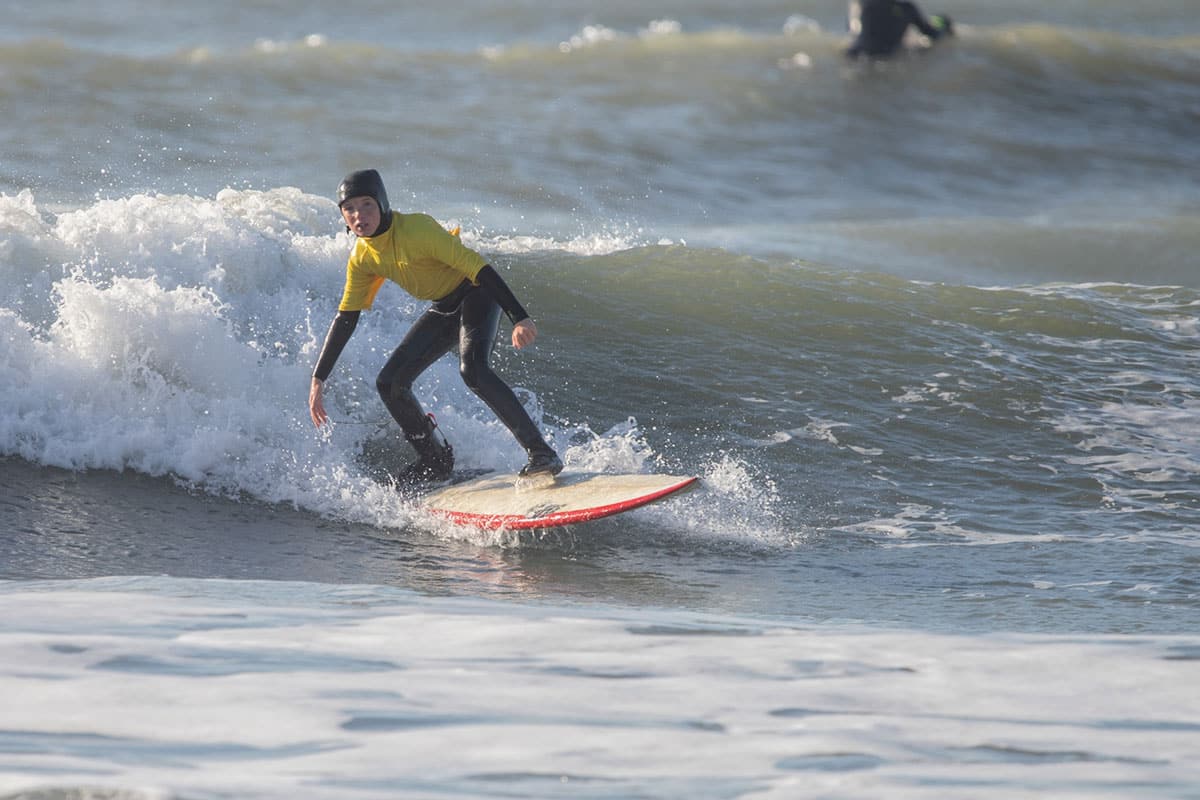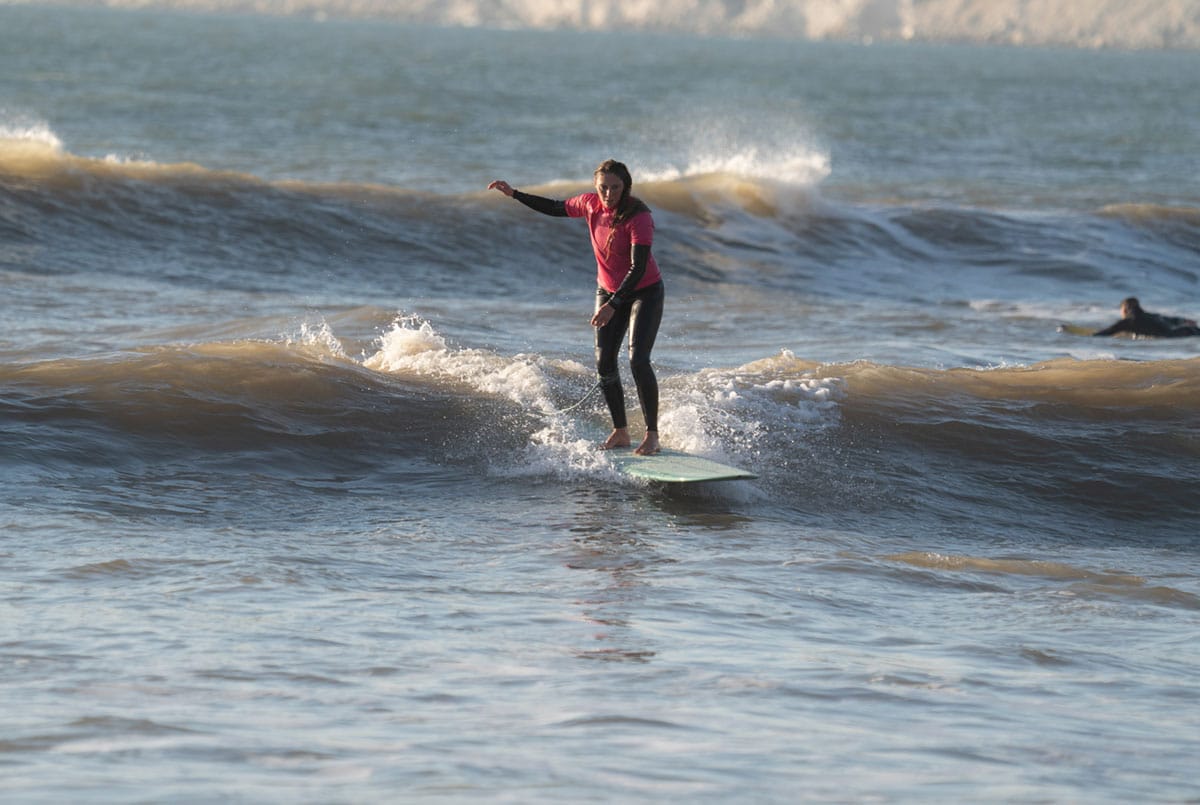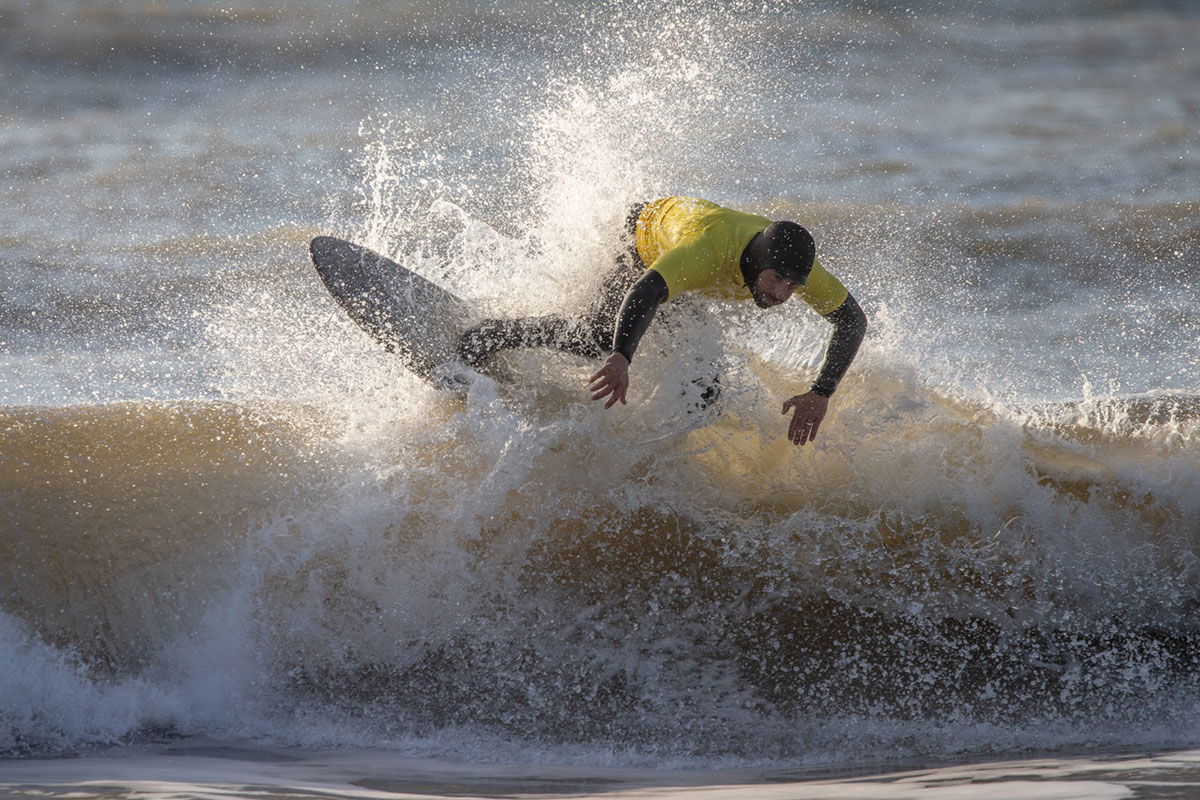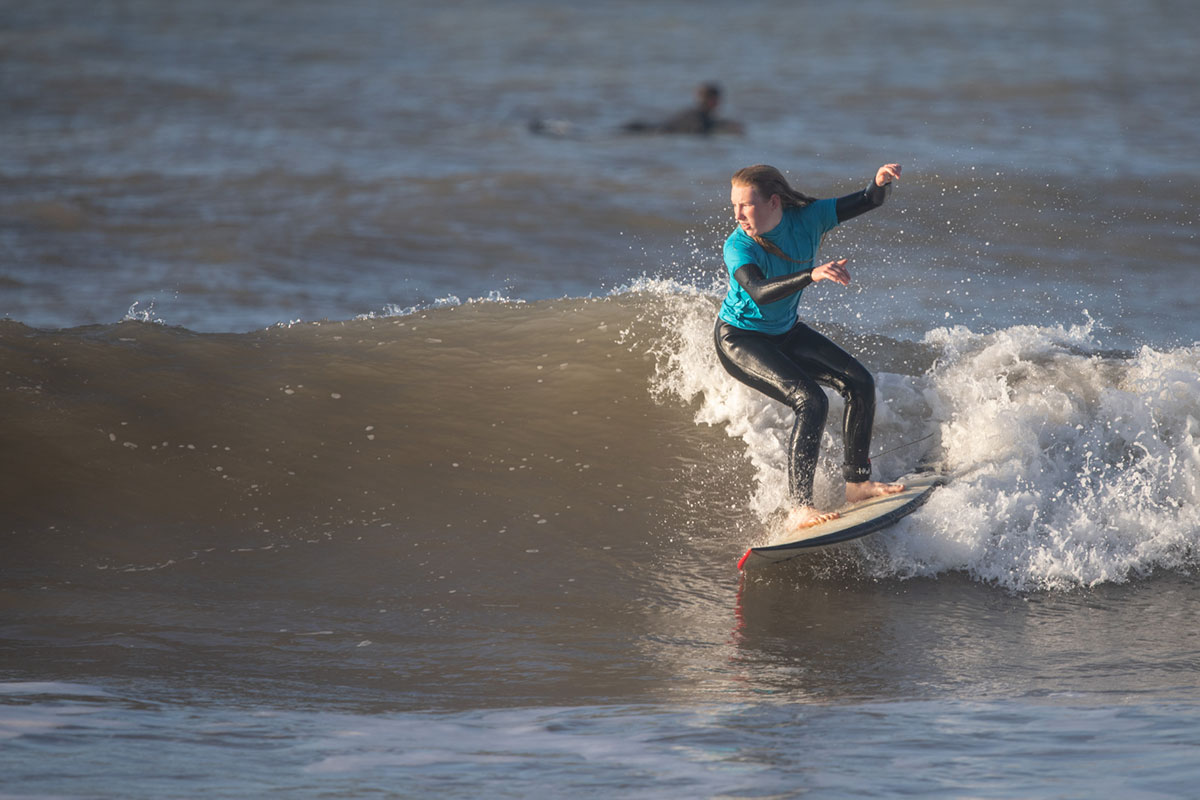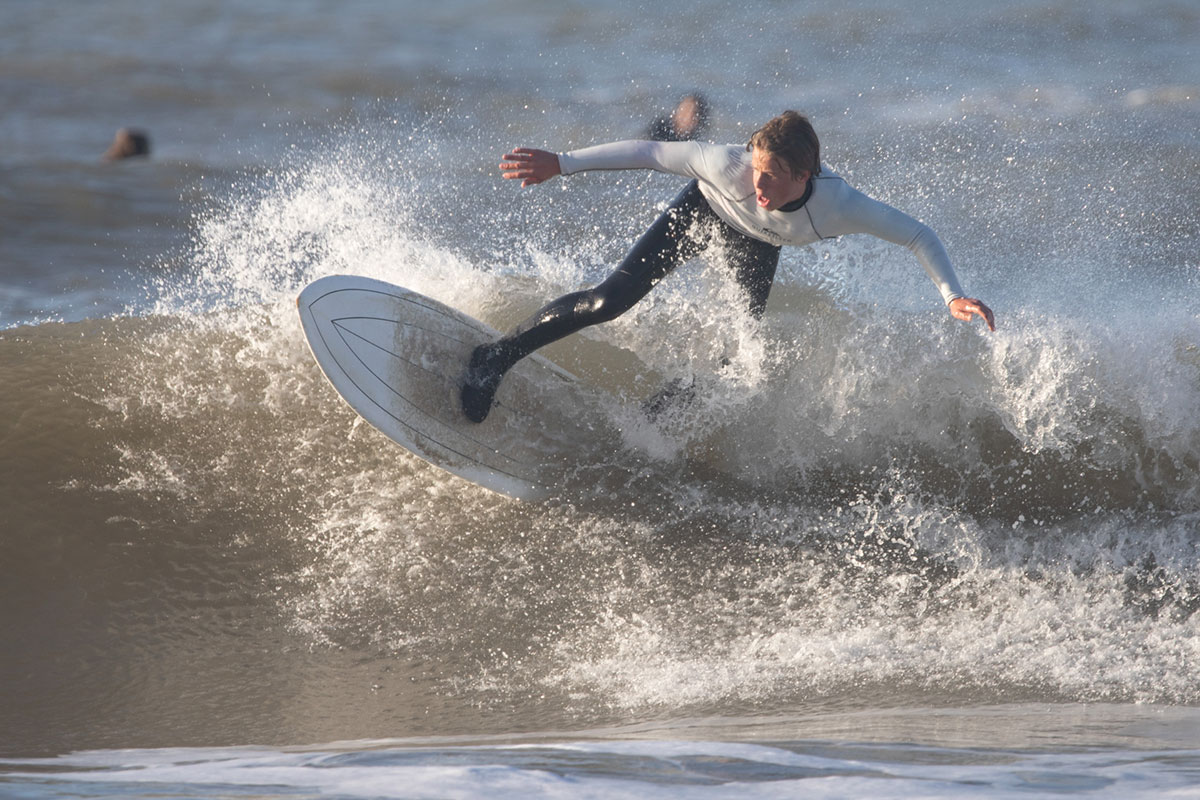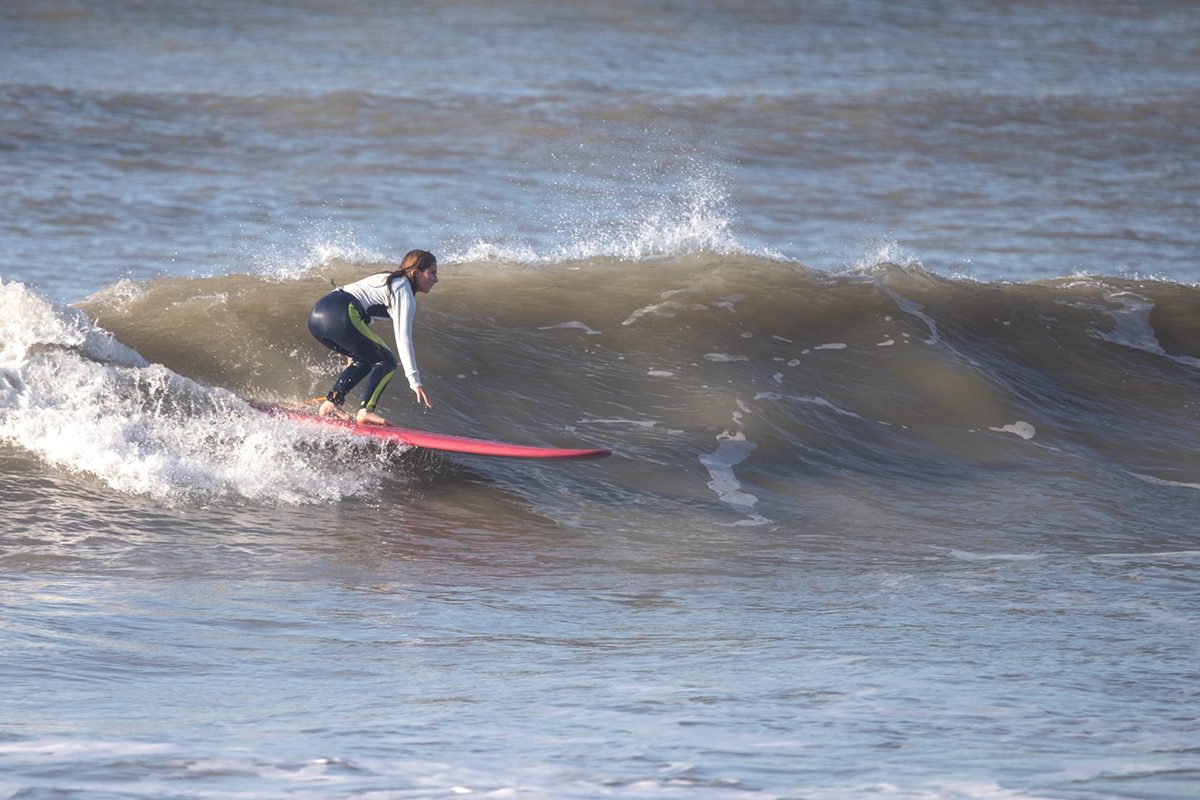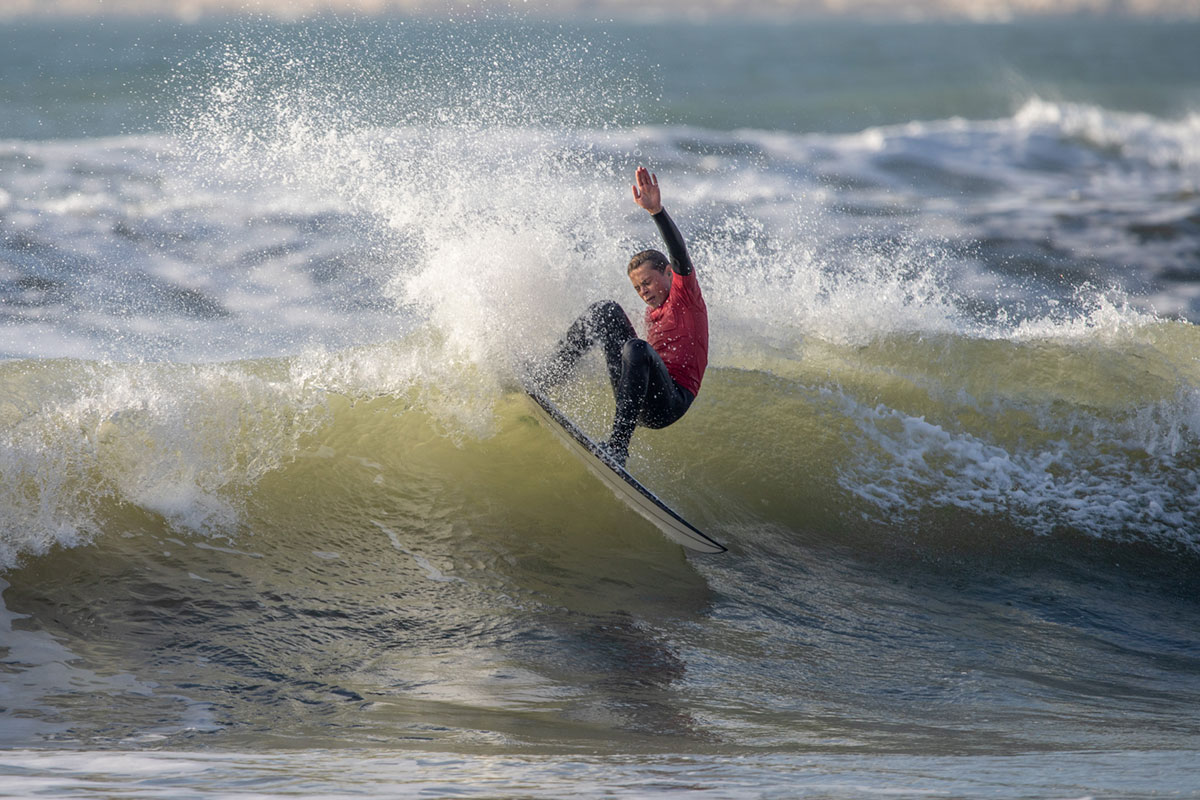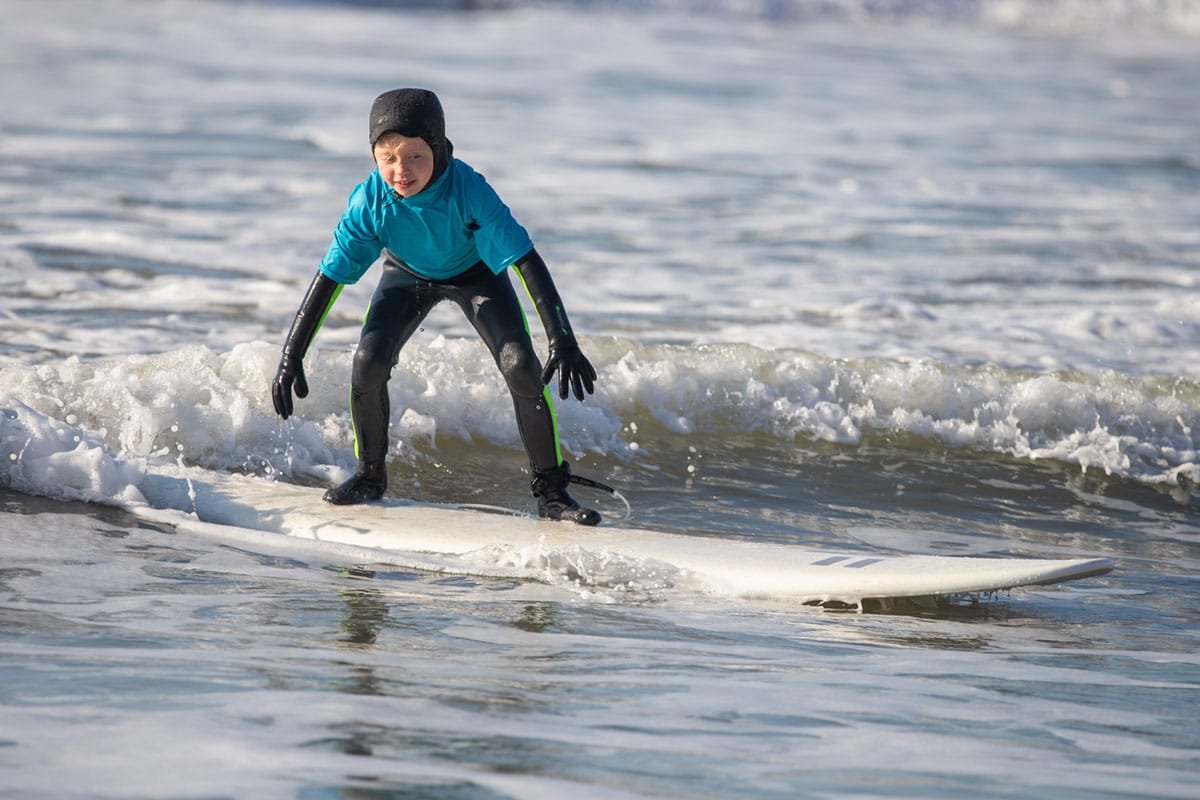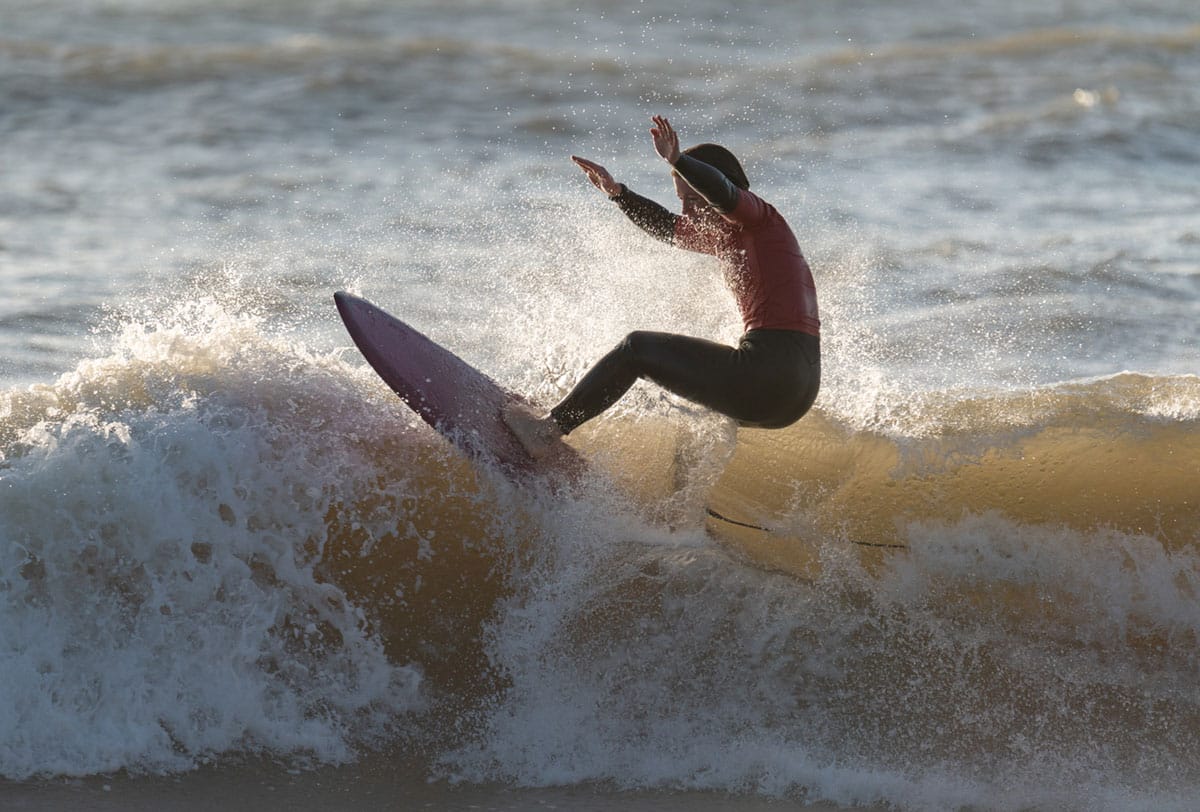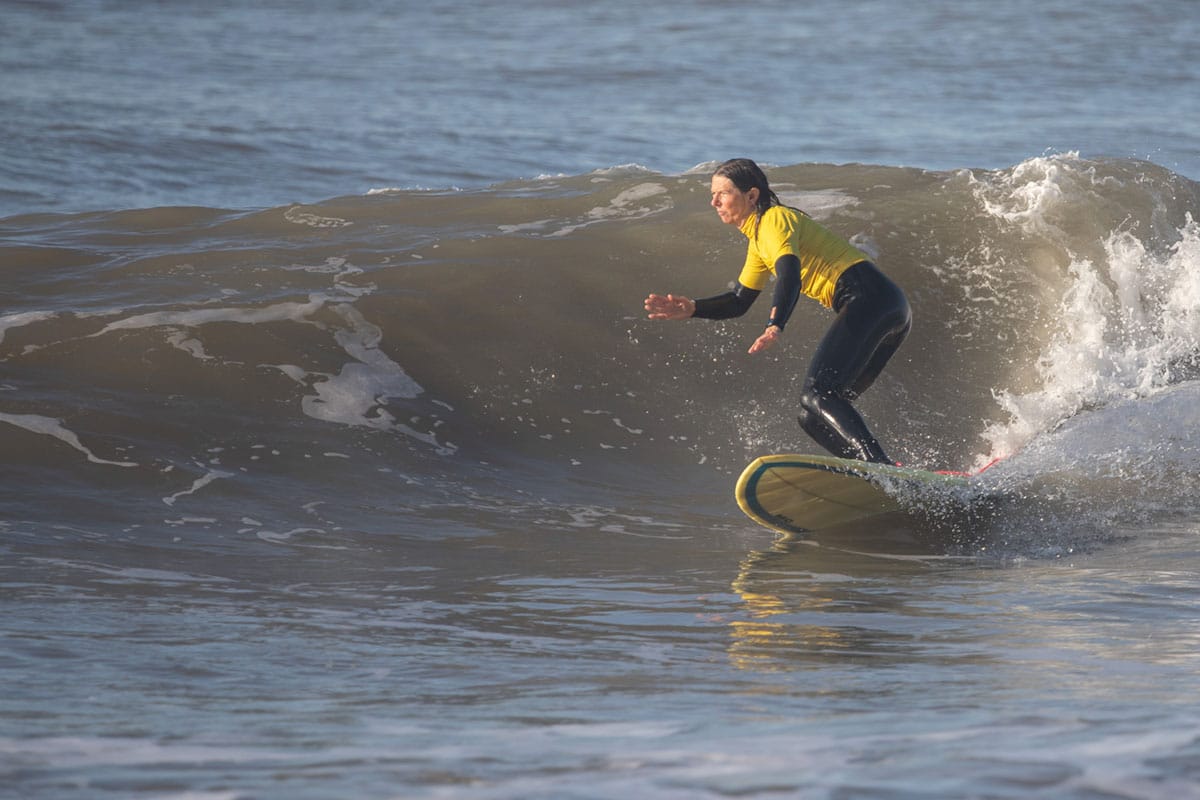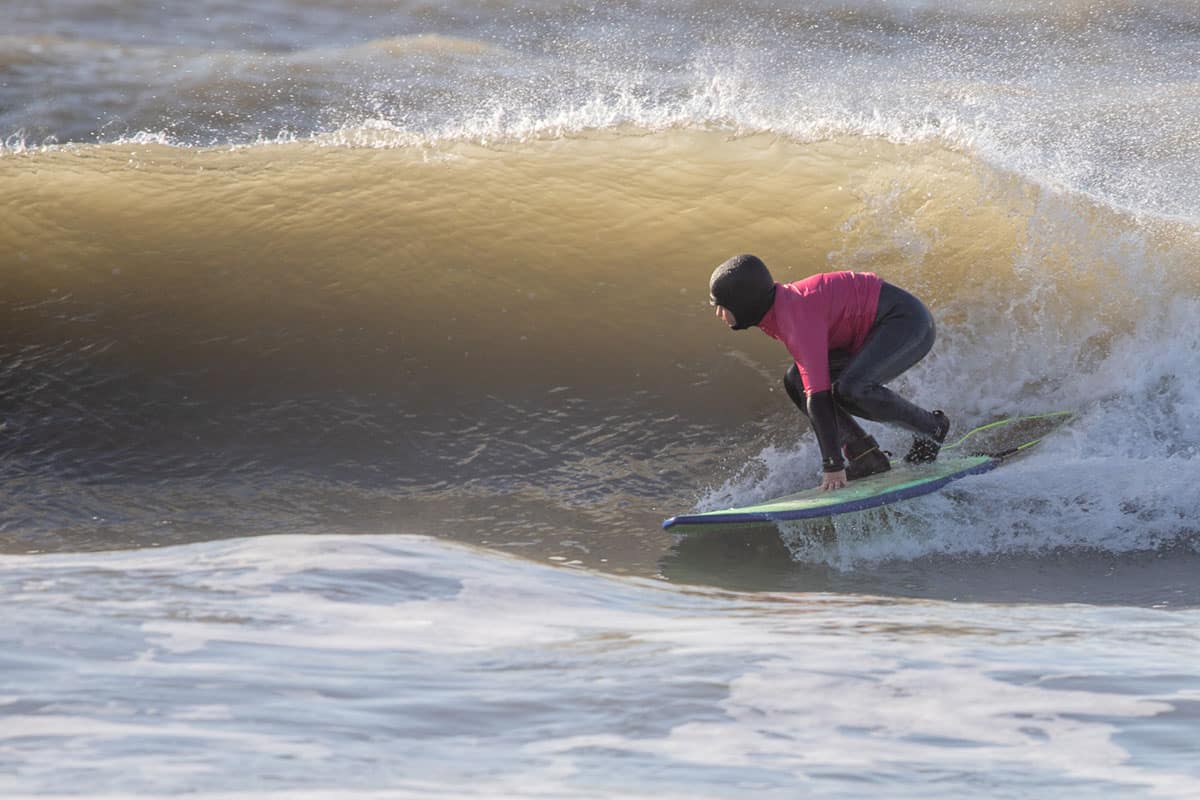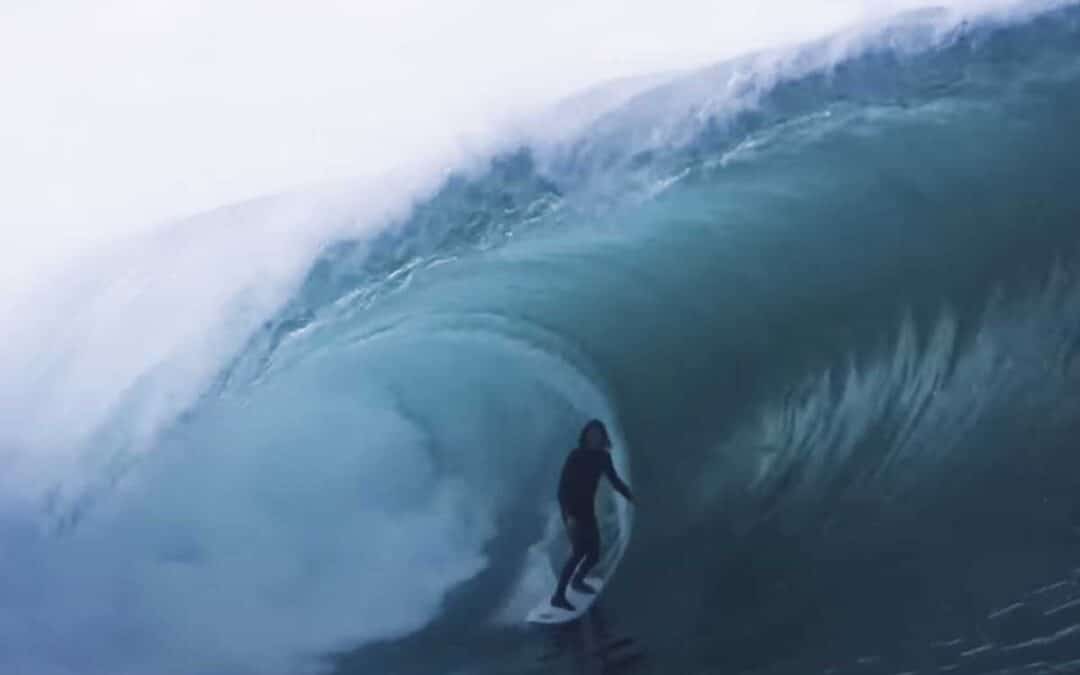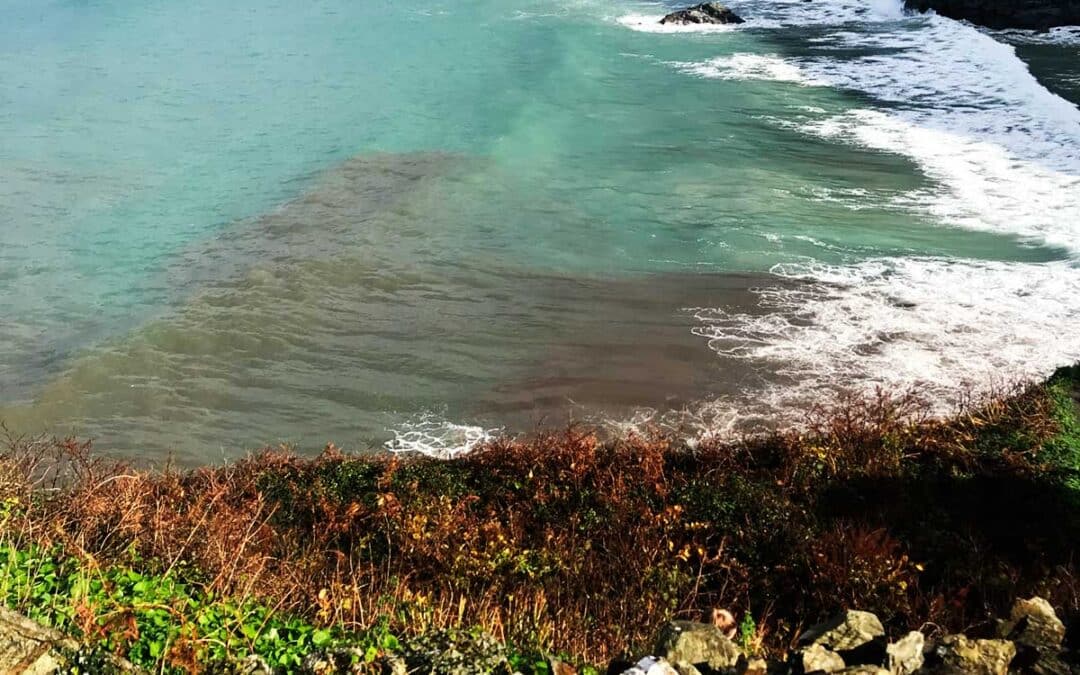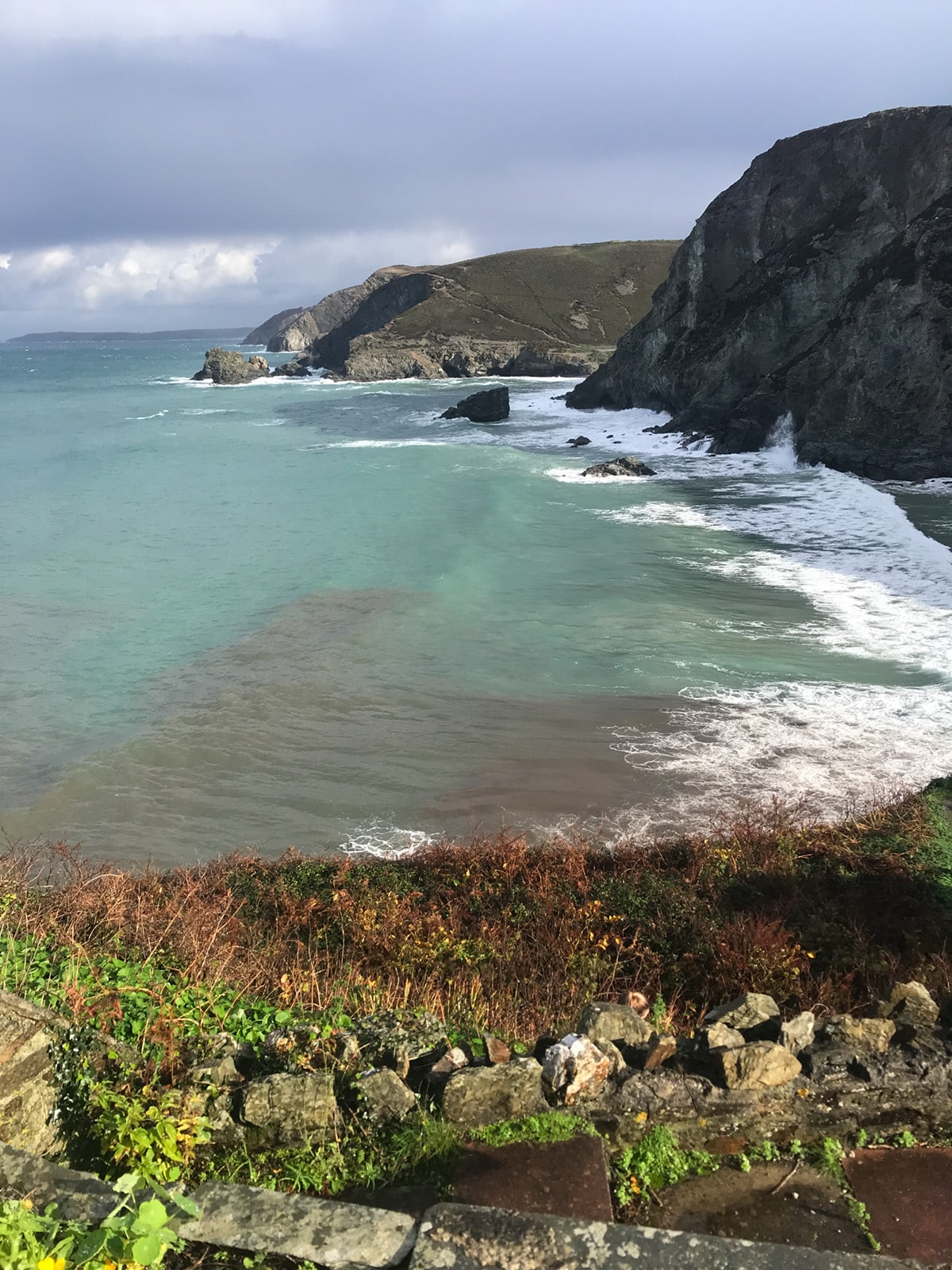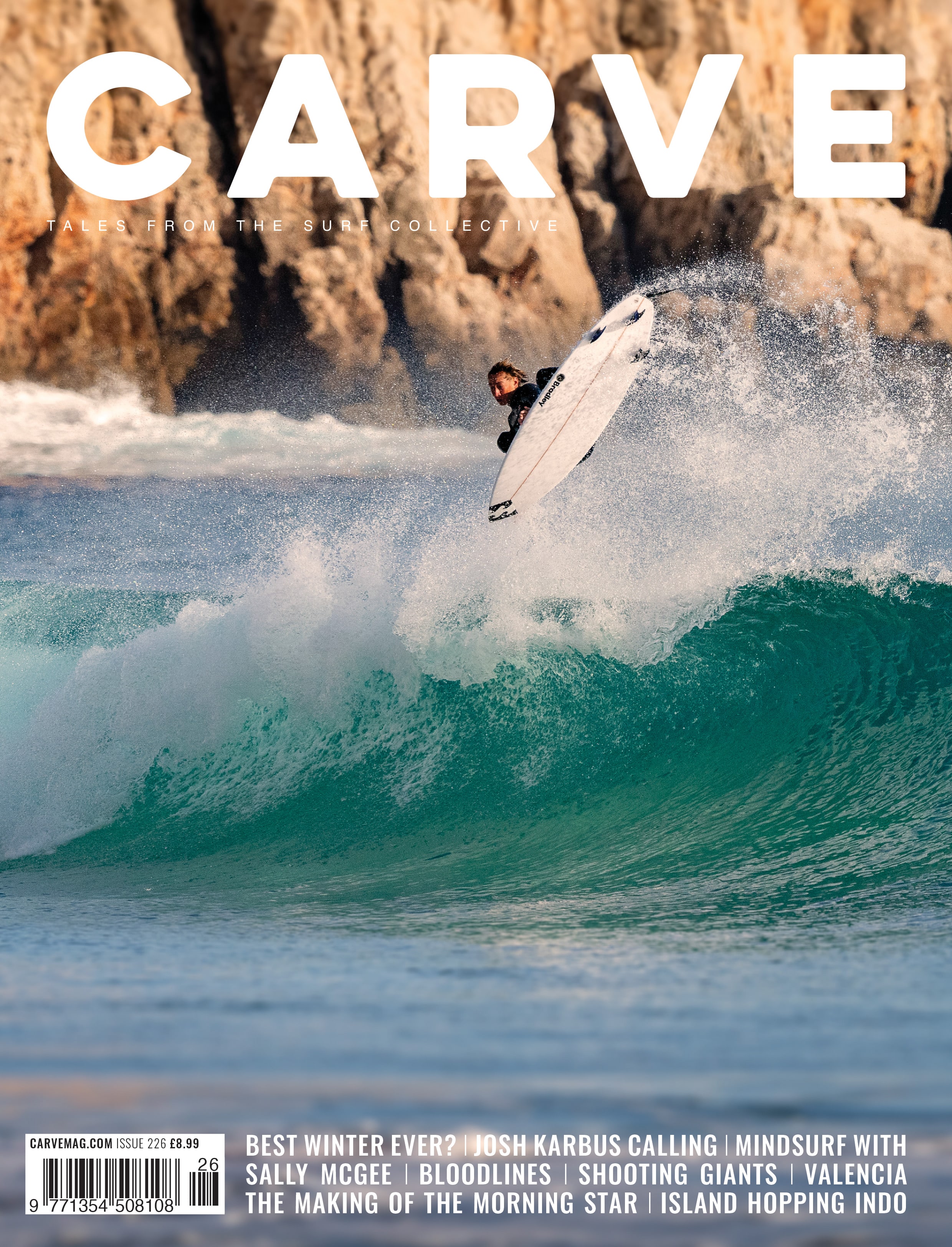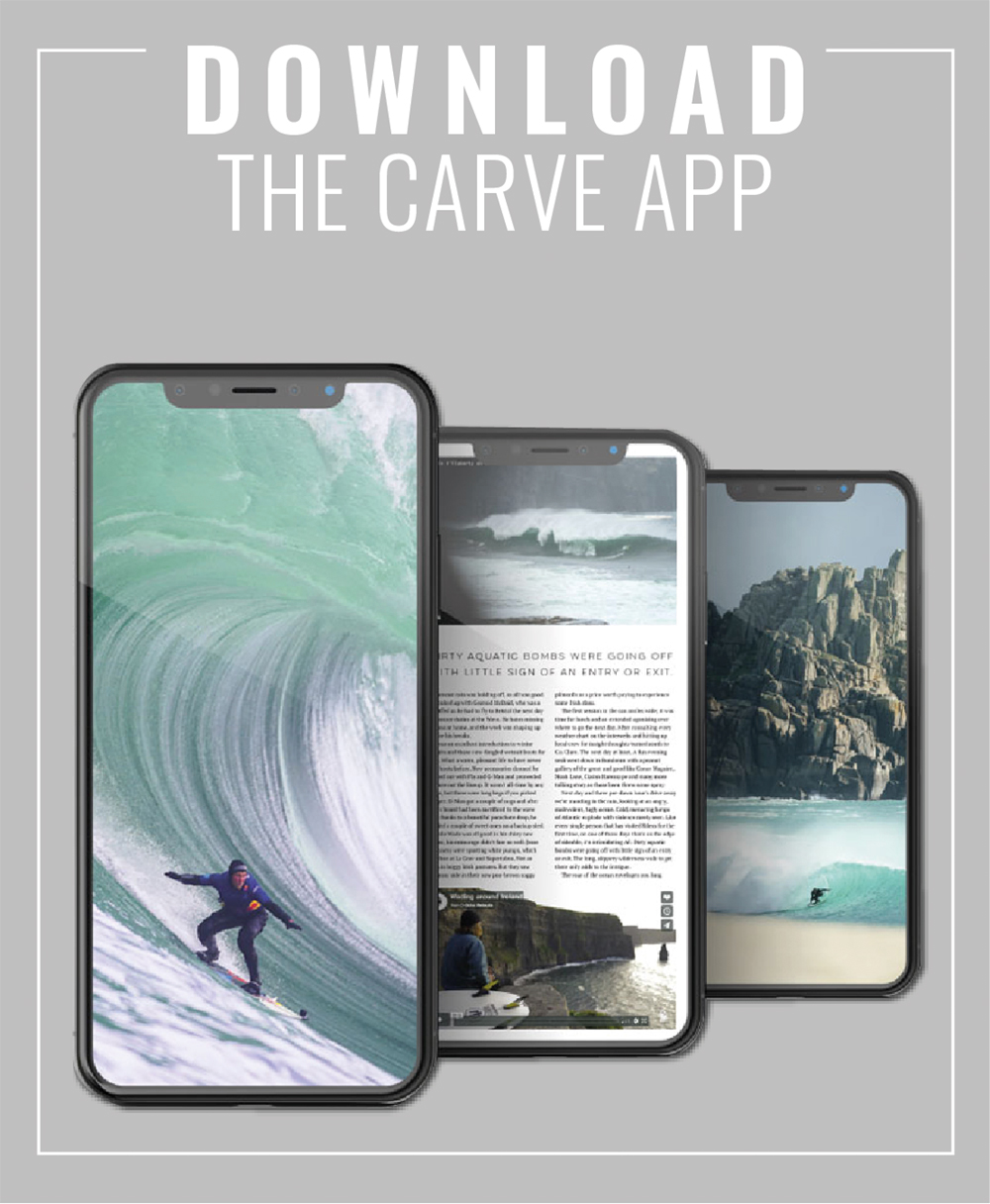SAS’s sickness data is proof of the detrimental effect that the sewage scandal is having on our health. The most common illness reported from people who got sick after swimming in rivers or the sea was gastroenteritis, with 2 in 3 people reporting symptoms associated with the condition. Ear, nose and throat infections were common too, with respiratory, skin and urinary tract infections also reported.
Dr Anne Leonard, an environmental epidemiologist and microbiologist based at the University of Exeter, said: “We’ve known for over one hundred years that sewage contains disease-causing microorganisms, and that ingesting water contaminated with this kind of waste causes infections. These infections may be mild, self-limiting illnesses but they can also be really severe infections that require medical treatment.
“We are particularly concerned about the presence in sewage of disease-causing bacteria that do not respond to treatment with antibiotics – so called antibiotic resistant bacteria. We are running out of antibiotics that are effective against the most resistant bacteria, so keeping sewage away from our rivers and beaches is a key public health intervention to reduce preventable infections and limit our reliance on antibiotics.”
The sewage scandal is also affecting mental health, with members of the public eschewing spending time in rivers and the sea after experiencing sickness – despite finding activities such as swimming, surfing and paddleboarding beneficial to their mental wellbeing.
Julia Walker, a social worker based in Shoreham, West Sussex, said: “I use the sea to help manage stress from my job as a social worker. In September I went for a swim in a popular spot prior to starting a new job. That evening I experienced diarrhoea and stabbing pain in my kidneys. The doctor confirmed I had a bacterial and a kidney infection. They felt that it was very unusual to have both at the same time but said that this was likely caused by swimming in contaminated water.
“I was unwell for six days, which impacted on my new role. It took me a couple of months to get back in the sea, and now I only swim with my head above water for fear of becoming ill again. It makes me very angry that the water companies are affecting how I use the water.”
With the release of its annual report, SAS is reiterating six key demands to end sewage discharge into bathing waters by 2030, which are as follows:
• An enhanced water-quality testing regime.
• The establishment of 200 designated inland bathing waters.
• World-leading water quality legislation with ambitious legally binding targets and well-funded regulators.
• To end untreated sewage discharge in all bathing waters and to reduce all untreated sewage discharges by 90%.
• Nature-based solutions to sewage pollution.
• Investment from water companies and other systemic polluters. We need water companies to invest urgently in their sewage infrastructure and end the use of sewage overflows.
Despite public outcry at the volume of sewage being released by water companies into our rivers and onto our beaches, the government has continued to drag its heels on bringing water companies into line. Reductions in regulator funding of over 50% over the last decade, combined with the stripping of red tape to allow water companies to self-report on their pollution, has left the UK’s rivers and seascapes in dire straits. Meanwhile, despite nearly every water company recording a loss for the year ending 31 March 2022, the majority still paid out dividends to shareholders totalling £965 million, whilst paying a cumulative total of £16.5 million to their CEOs.
According to data from the Environment Agency, sewage has been dumped into the ocean and rivers around the UK more than 770,000 times over the course of 2020 and 2021 – the equivalent of almost 6 million hours.


